Ecuador
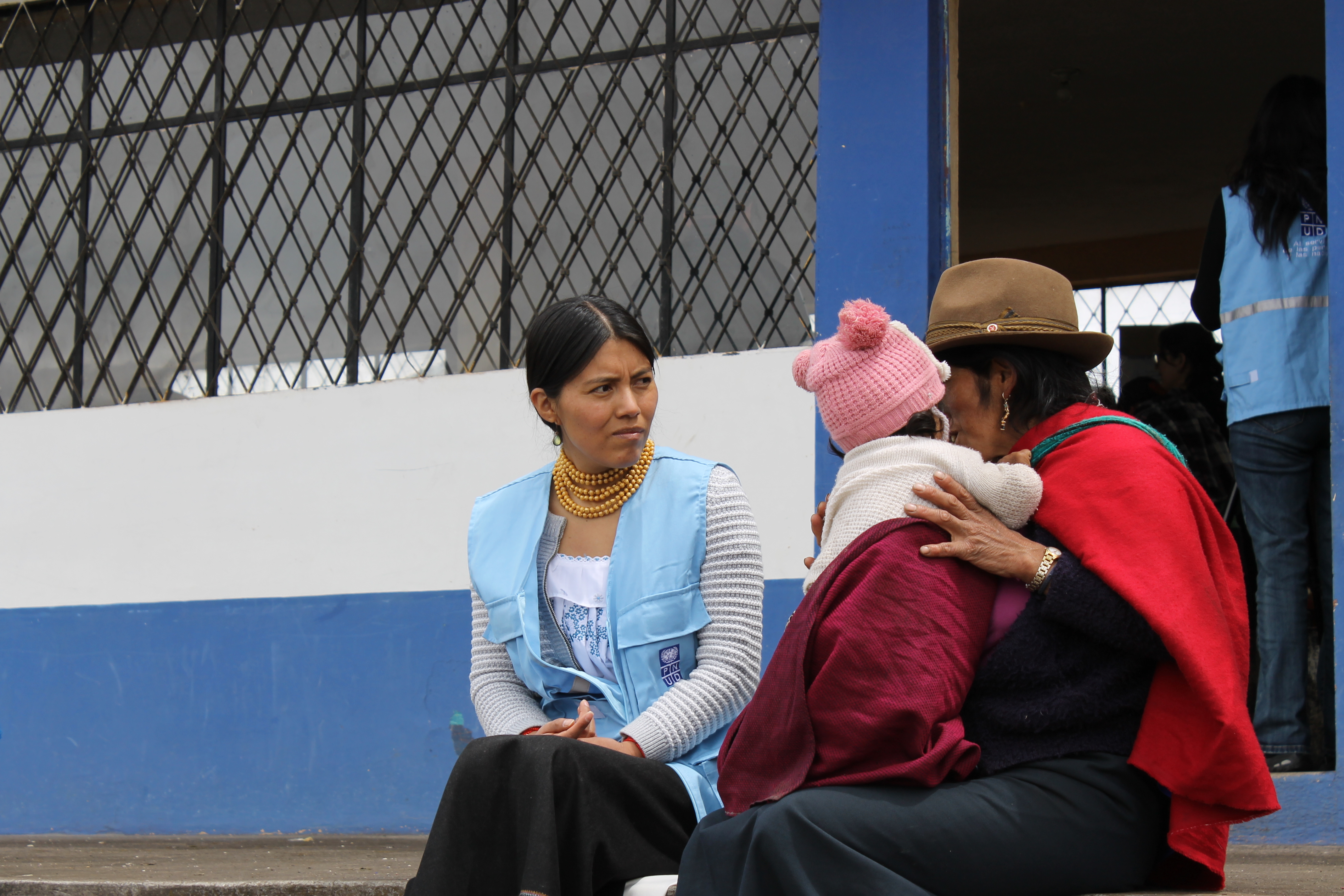
The Insurance and Risk Finance Facility works with public and private partners to build the financial resilience of countries, households, businesses, nature and food systems.

The Insurance and Risk Finance Facility is powered by a global team of development leaders, insurance and risk finance specialists, campaigners and coordinators.
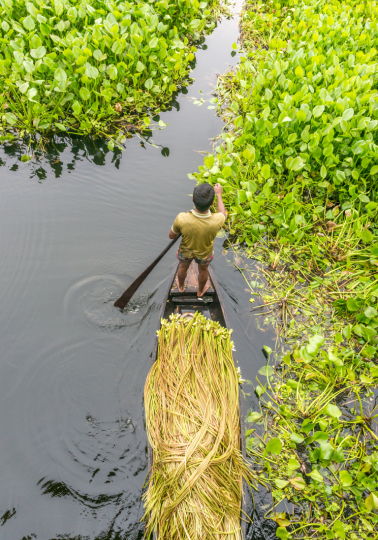
The Insurance and Risk Finance Facility’s unmatched partnerships with foundations, governments, the insurance industry and development actors allow us to unlock new ways to achieve sustainable development.

We work on the development and delivery of tailored insurance and risk finance solutions across five key areas.
We work with governments and insurance industry partners to develop insurance solutions tailored to the actual needs of countries and communities.
Our in-country work takes a systems approach, focusing on the enabling environment as well as the market conditions needed for insurance and risk finance solutions to deliver financial resilience at scale.
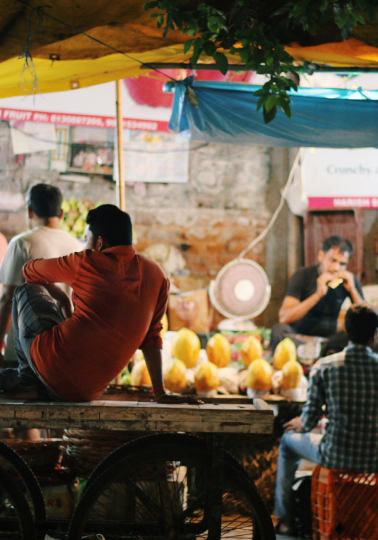
UNDP is working with government and industry to protect people, economic activities and ecologies in Asia Pacific.
View allUNDP is working with governments and industry to bolster financial resilience in Europe and Central Asia.
View allUNDP is working with governments and industry across the region to build the understanding of and accessibility to financial solutions.
View allOur insurance and risk finance country diagnostics summarize key findings of insurance and risk finance country studies carried out by the Insurance and Risk Finance Facility and UNDP Country Offices.
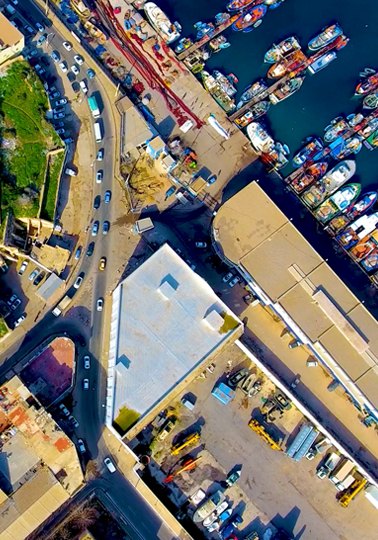
The latest thinking, expertise and innovations to deliver insurance and risk financing solutions at scale.

Our training programmes build stakeholder capacity in areas central to building financial resilience.

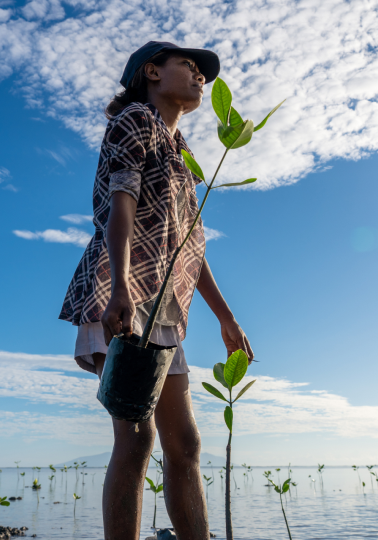
The latest news and stories from the UNDP Insurance and Risk Finance Facility.
Subscribe to our newsletter


Ecuador’s geography means it faces high risk from earthquakes, volcanic eruptions, landslides and hydrometeorological phenomena, such as El Niño and La Niña. The COVID-19 pandemic increased income inequality, putting vulnerable groups at higher risk. Inclusive insurance and risk transfer solutions can help protect the population and grow the economy sustainably.
UNDP’s Insurance and Risk Finance Facility is working in Ecuador to build the enabling environment for inclusive insurance development and to increase the available risk transfer solutions to protect essential economic sectors.
Earthquake, Tsunami, Flood,
Drought
12.1% (2022)
130 insurance companies
1Forthcoming UNDP diagnostic
32% (2022)
13% (2018)
12%
1The Microinsurance Network, Landscape of Microinsurance 2023, Based on target population estimate for Ecuador of 14,516,595 people https://microinsurancenetwork.org/resources/the-landscape-of-microinsurance-2023
#9 out of 239 countries and territories (2023)
160% of total employment (2020)
1Reaching people through insurance and risk finance solutions.
Protecting people, jobs, agriculture and public assets.
Strengthening the enabling environment for insurance to scale.
Building country capacity in insurance and risk finance.
Collaborating to develop risk finance and insurance solutions
The Tripartite Agreement (TPA) is a public-private partnership between UNDP, 20 of the world’s largest insurers under the framework of the Insurance Development Forum and the German Federal Ministry of Economic Cooperation and Development (BMZ). Through TPA, UNDP is working with Ecuador’s government and insurance industry to develop parametric insurance solutions that can increase financial protection in the face of disaster risks. UNDP is also working with government and industry partners to increase capacity and improve the regulatory environment for insurance development.
Increasing actuarial capacity to improve financial risk management
The UNDP Milliman Global Actuarial Initiative (GAIN) aims to help countries predict and prepare for risks by increasing actuarial capacity, enabling better risk modelling and more accurate pricing of insurance and social protection mechanisms. In cooperation with local insurance authorities, the GAIN initiative is working to improve actuarial capacity in Ecuador through creation of a master’s degree in actuarial sciences (the first in the country), training, mentorship programmes and support for local actuarial professionals.
Incentivizing the development of new insurance products and services across emerging economies
UNDP’s Insurance Innovation Challenges are powering a new generation of insurance products and services tailored to underserved households and businesses in developing economies.
Ecuador’s insurance regulator is currently designing a draft national regulation aimed at adopting the principles of the European Union’s Solvency II regulatory framework, adapted to the local conditions of the insurance sector in Ecuador. UNDP has supported capacity-building training on Solvency II and a diagnostic is under development to evaluate normative and regulatory gaps in the insurance industry.

